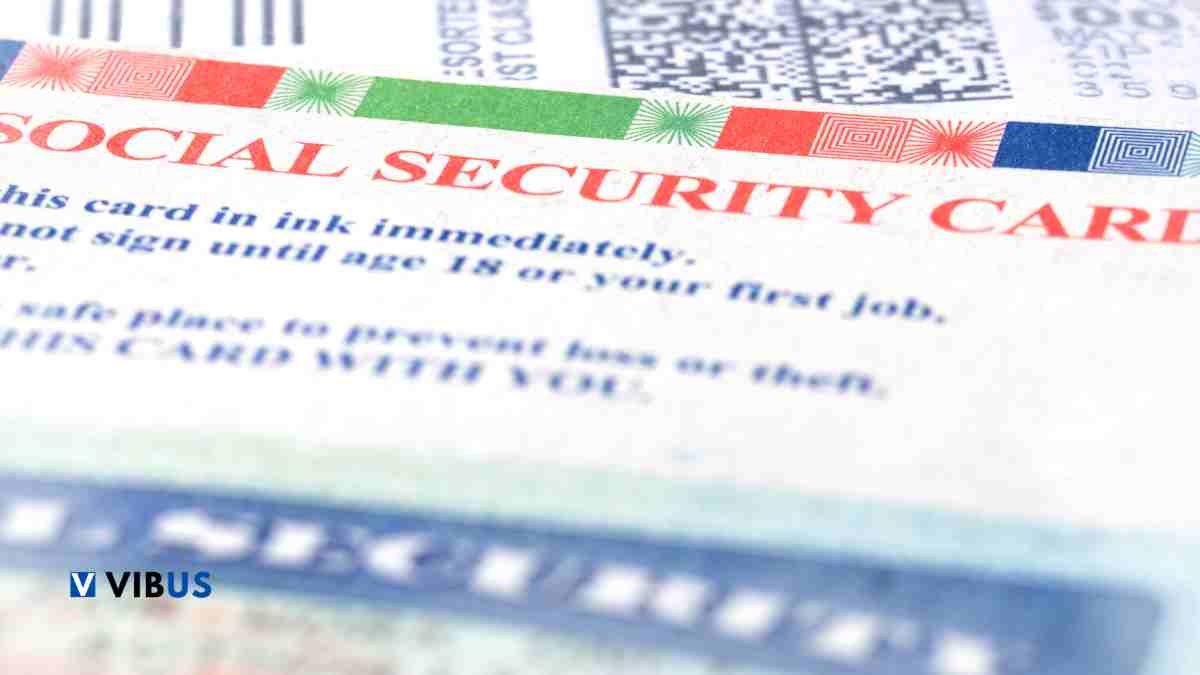This week, recipients of the Supplemental Security Income (SSI) program will receive new Social Security payments. These payments are not retirement benefits but are checks of $943 and $1,415 that will start arriving on Thursday, August 1, 2024. This financial support is aimed at older adults and people with disabilities who do not have sufficient income to qualify for retirement benefits.
The SSI program is a Social Security initiative that provides financial assistance to older adults and individuals, including children, who are blind or have a disability that significantly limits their daily activities. This program is designed to help those who lack the necessary resources to meet their basic needs.
What is the social security SSI program?
The $943 check is the average amount for individuals who qualify for SSI. Married couples, where both partners qualify, can receive an average of $1,415. These payments aim to provide financial relief to those in greatest need.
To be eligible for the first payment of the month, individuals must reside permanently in the United States and meet certain disability criteria. According to the Social Security Administration (SSA), eligibility is extended to those who are partially blind or have a “physical or mental condition that seriously limits their daily activities for a period of 12 months or more, or that could result in death.”
Social Security SSI program Beneficiaries
The program also covers individuals considered “essential,” meaning those who care for older adults or people who are unable to care for themselves. These caregivers can receive up to an additional $472 through SSI. This additional support acknowledges the critical role of caregivers in society and provides them with financial backing.
Cost-Of-Living Adjustment (COLA) increase
At the end of December 2024, SSI payments will receive a boost due to the Cost-of-Living Adjustment (COLA). This adjustment is calculated based on the inflation rates for July, August, and September and will impact payments throughout 2025.
Distinction between SSI and Social Security benefits
It’s important to note that SSI payments and regular Social Security benefits are separate. Receiving one does not automatically qualify an individual for the other. The eligibility requirements and criteria are distinct for each program.
To qualify for SSI, applicants must meet specific age, disability, and income criteria. Here are the detailed requirements:
- Over 65 years old
- Older adults who do not have sufficient income to cover their basic needs can apply for SSI.
- People with disabilities.
- Individuals with a medical condition that prevents them from engaging in any substantial work and is expected to last at least one year or result in death are eligible.
- Blind individuals
- Those who are completely blind or have very limited vision may also qualify.
The monthly SSI payments are calculated based on the beneficiary’s income and resources. The Federal Benefit Rate (2024) is approximately $914 per month for individuals and $1,371 for couples. However, these amounts can be reduced based on the countable income of the beneficiaries.
How to apply for SSI
Applying for SSI involves completing an application form and providing documentation that supports eligibility. The SSA recommends doing this online through their official website or scheduling an appointment at a local Social Security office.
Tips for applying
To increase the chances of approval, it is crucial to submit all required documents and ensure the information provided is accurate and complete. It is also helpful to be prepared for possible interviews or requests for additional information from the SSA.
The new SSI payments are essential support for older adults and people with disabilities struggling to make ends meet. This program offers necessary financial relief, and with the upcoming cost-of-living adjustment, beneficiaries can expect an increase in their payments. Be sure to check your eligibility and submit your application to take advantage of these benefits.
How do SSI payments differ from regular Social Security benefits in terms of eligibility and criteria?
Here are the key differences, in terms of eligibility, between SSI and regular Social Security benefits:
Eligibility:
- Social Security benefits are based on your work history and earnings. You qualify if you have worked long enough and paid Social Security taxes.
- SSI is a needs-based program for people with limited income and resources, regardless of work history. You must be at least 65, blind, or have a disability to qualify.
Funding:
- Social Security benefits come from taxes paid by workers, employers, and the self-employed. The taxes go into special trust funds.
- SSI is funded by general tax revenues, not the Social Security trust funds.
Benefit determination:
- Social Security benefit amounts are based on your average lifetime earnings.
- SSI benefits depend on federal and state laws. They consider your income, resources, living arrangements, and location.




